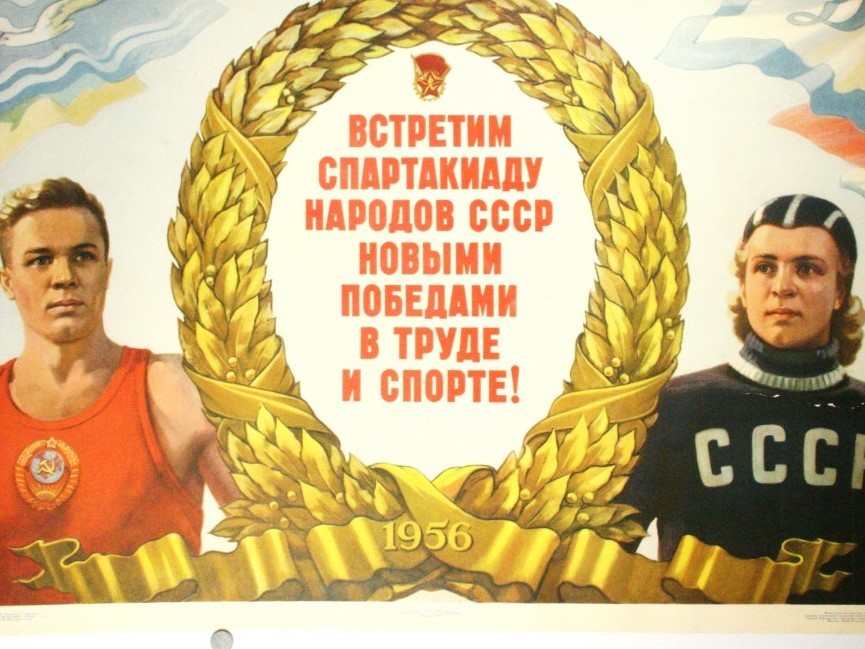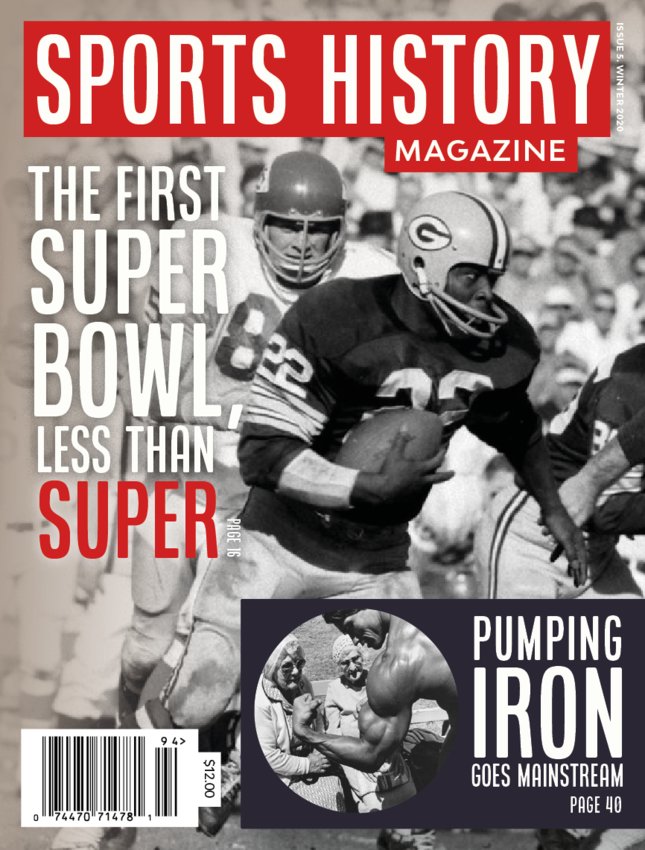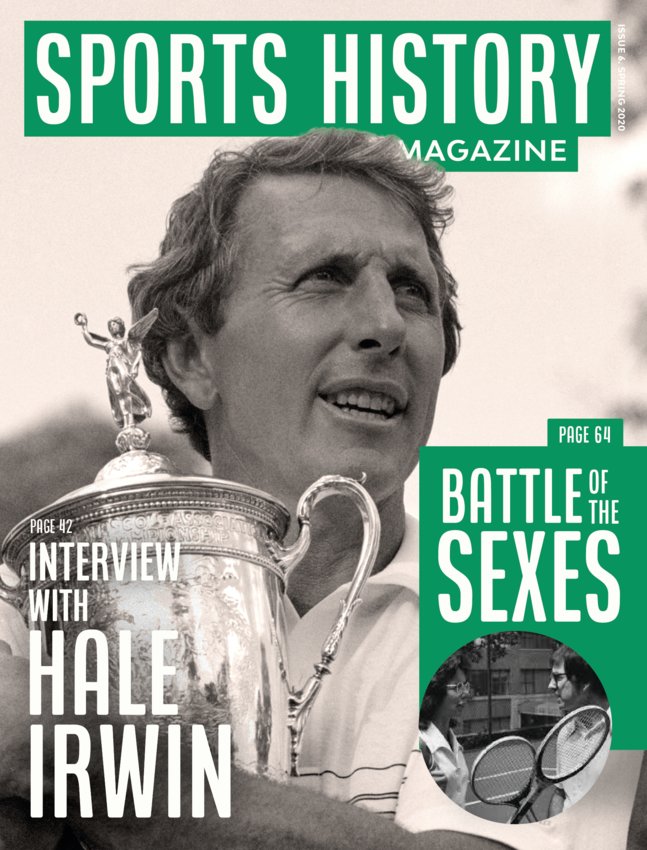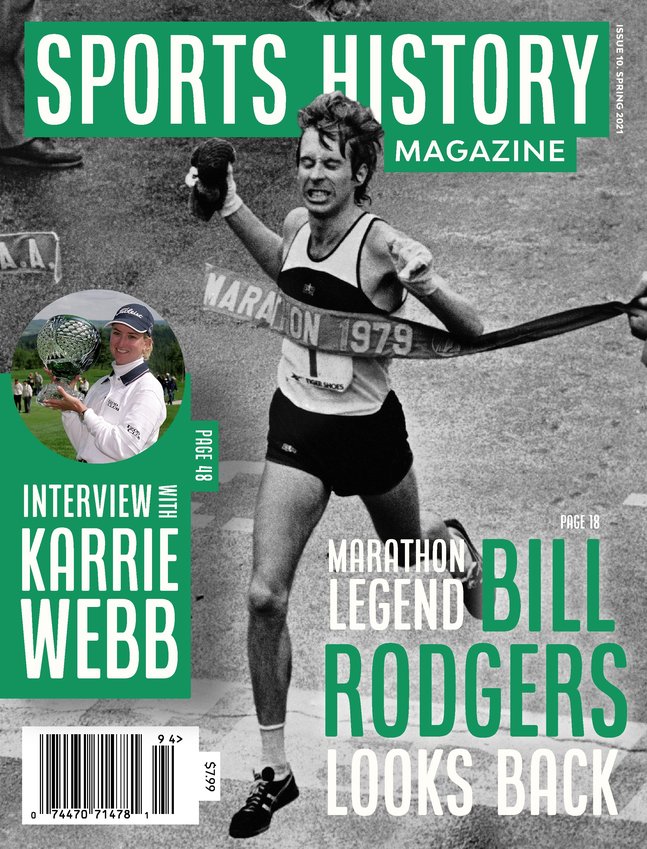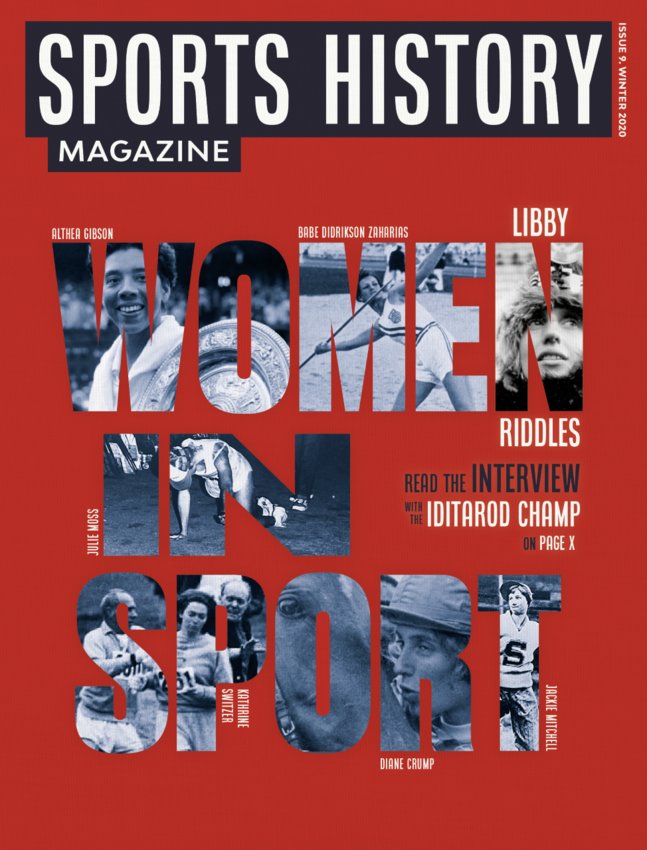The Soviet Sports Machine- Faded Glory
The bygone Soviet era of the 1950’s & 60’s produced the most successful Olympian in modern history, that is until Michael Phelps touched the swimming pool wall at the 2012 London games to win his 19th medal.
For 48 years, gymnast Larisa Semyonovna Latynina led the world as the most decorated athlete of the quadrennial events, racking up a total of 18 gold, silver and bronze accolades in her illustrious career.
In the course of three Olympiads- 1956, 1960, 1964- she emerged as either the highest or second highest medalist of the tournaments.
Born in 1934 in the Ukraine, Latynina was trained, disciplined and shaped by the USSR’s indomitable sports machine that also manufactured Lev Yashin, the greatest soccer goalkeeper of the 20th Century, if not of all time.
From 1994-2010, the World Cup recognition for best goalie was even bestowed as the “Yashin Award” before being rebranded the “Golden Glove”.
Until Ronald Reagan’s “Evil Empire” started fragmenting in the early 1990’s, the communist motherland topped the medals count at each Olympics either in aggregate as a nation, or through an individual.
But with satellite republics going their own way, the former USSR was also stripped of some of its best contenders.
Gymnast Vitaly Scherbo, the winningest Olympian at the 1992 Barcelona games, typified the Soviet athlete caught in a changing political landscape. He first represented the USSR, then the Unified Team, then Belarus.
Alexei Nemov, elite medalist in both the 1996 and 2000 Olympics, is regarded as the last of the Soviets and the first of the Russians- stern old school discipline giving way to personality and individualism.
The new millennium was not sympathetic to Russia’s former athletic achievements. Starting 2004 in Athens and through 2016 in Rio, Russia took second, third or fourth place in country medals. Individual athletes barely even made the charts at the summer Olympics.
However, this period coincided with the arrival of Vladimir Putin as Moscow's strongman, a former KGB and nostalgic cold warrior who also happens to be an avid sportsman.
His personal involvement in managing the 2014 Winter Olympics in Sochi was not just a goodwill exhibition to showcase Russia to the world, but an opportunistic moment to restore the country’s faded glory, at any cost.
It shouldn’t be a surprise then that Russia’s leading performance in Sochi was fueled by the biggest known doping scandal in sports history.

